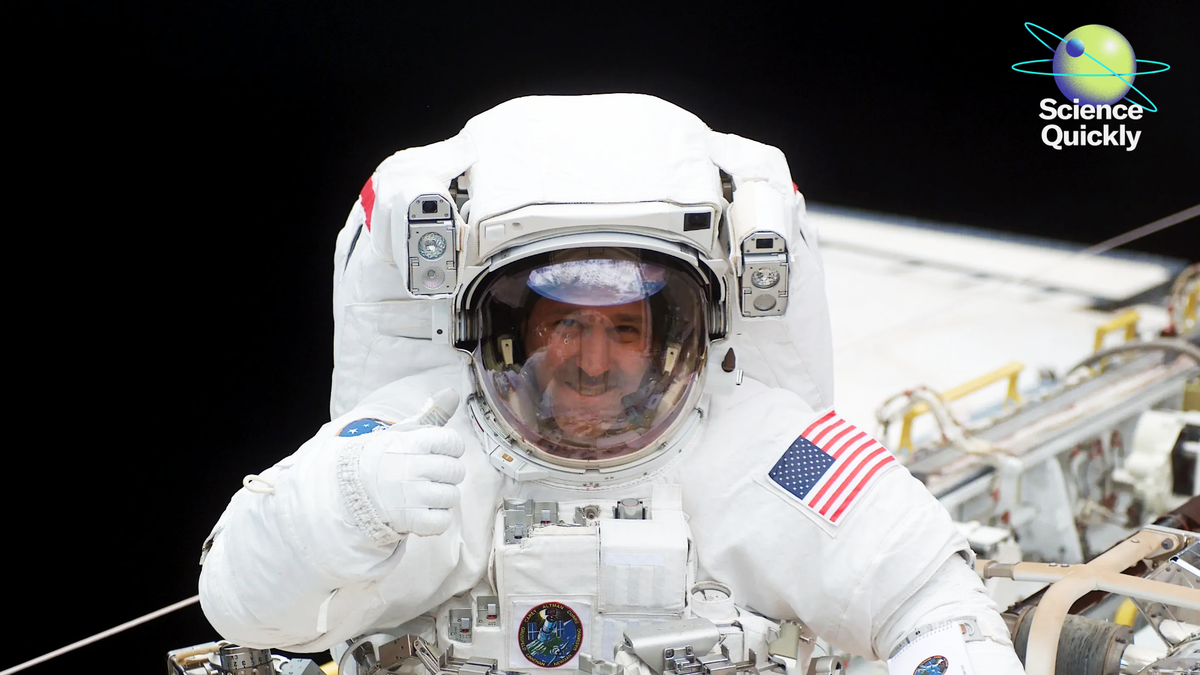NASA Faces Historic Budget Cuts, Experts Warn of Devastating Consequences for Space Exploration and Climate Research
NASA is facing unprecedented budget cuts, which could potentially halt space missions and stall vital research on climate change. The White House has proposed a 50% reduction in NASA's science budget and a significant decrease in the agency's overall funding to just three-quarters of what it received last year.
The proposed fiscal year 2026 budget would be the lowest since the beginnings of the Apollo program, highlighting the drastic nature of these cuts. However, these reductions come at a critical time for NASA, which is responsible for much more than just space exploration. The agency's work has a significant impact on our daily lives, from weather forecasts to climate data that helps farmers decide when to plant their crops.
Every living former NASA science chief, spanning from Ronald Reagan's administration through Joe Biden's, recently signed a letter warning of the catastrophic consequences of these cuts. The signatories, who have collectively served for over 40 years, expressed concerns that the proposed changes would "cede U.S. leadership in space and science to China and other nations," "severely damage a peerless and immensely capable engineering and scientific workforce," and "needlessly put to waste billions of dollars of taxpayer investments."
One of the former NASA chiefs, John Grunsfeld, aka "Dr. Hubble," emphasized that these cuts would have severe implications for astrophysics research. He noted that the high-altitude balloon program, which is crucial for studying the universe, would be eliminated. Additionally, Grunsfeld stressed the importance of Earth science research, highlighting its impact on understanding the planet's complex systems and predicting extreme weather events.
"The stakes are so high," said Grunsfeld. "If you look at these proposed budget cuts and you look at NASA's funding over time, across the entirety of its nearly 70-year history, the budget cuts, if they went through, would be bringing NASA to its lowest state, its lowest budgetary state, since before the Apollo program."
Experts warn that these budget cuts could have far-reaching consequences for the United States. If the country fails to maintain a strong presence in space exploration and scientific research, it risks falling behind other nations, particularly China, which is rapidly expanding its space capabilities.
"China's rapid rise in space science and exploration and spaceflight is something that many people have flagged," noted Grunsfeld. "They are going full bore. They have a space station up there right now. They are going to be launching almost, like, a Hubble Space Telescope–like orbital observatory that's gonna hang out near their space station for servicing in [the] coming years."
The impact of these budget cuts will also be felt on our daily lives, as NASA's data and research inform weather forecasts, climate predictions, and other essential services. "Earth observations have a very strong, direct influence on our daily lives," said Grunsfeld. "Whether we really recognize it or not, they are crucial for understanding the planet's complex systems and predicting extreme weather events."
As NASA faces this critical juncture, experts urge policymakers to reconsider these proposed budget cuts. The agency's work has a significant impact on our daily lives, and its continued support is essential for advancing our knowledge of the universe and protecting our planet.
Subscribe to Scientific American for more up-to-date and in-depth science news.
